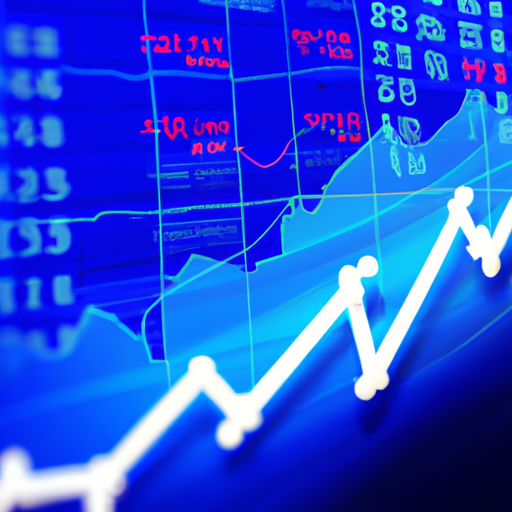Introduction To Forex Accounts
Forex accounts are the gateway to trading in the foreign exchange market.
If you’re new to trading or looking to diversify your investment portfolio, understanding the intricacies of a forex account is crucial.
This article will walk you through everything you need to know about forex accounts, from their types and benefits to how you can start trading effectively.
Let’s dive into the world of forex accounts and explore how they can be a game-changer for your financial future.
What Is A Forex Account?
A forex account is essentially an account that allows you to trade currencies.
When you open a forex account with a broker, you’re given access to a platform where you can buy and sell currency pairs.
Think of it as an avenue that lets you participate in the largest financial market in the world—the foreign exchange market.
Forex accounts come with various features, such as leverage options, which let you trade with more money than you actually deposit.
This makes it easier for even small investors to make significant trades.
Types Of Forex Accounts
Not all forex accounts are created equal.
Different brokers offer different types of accounts tailored to various levels of experience and financial capability.
Here’s a breakdown:
1. Standard Account
A standard account is what most people start with.
It offers access to all available currency pairs and usually requires a higher minimum deposit compared to other types of accounts.
The primary advantage here is that spreads (the difference between buying and selling prices) tend to be lower in standard accounts, making them more cost-effective for frequent traders.
2. Mini Account
If you’re just starting out or prefer less risk, a mini account might be perfect for you.
These accounts require smaller deposits and allow trading in smaller lot sizes.
While they may have higher spreads compared to standard accounts, mini accounts offer an excellent way for beginners to get their feet wet without risking too much capital.
3. Managed Account
Don’t have the time or expertise to manage your trades?
A managed account might be your best bet.
In this setup, a professional trader manages your account on your behalf, making trades based on predefined strategies and goals you’ve set together.
While this option comes with management fees, it saves time and leverages professional expertise for potentially higher returns.
Benefits Of A Forex Account
Why should anyone consider opening a forex account? Here are some compelling reasons:
High Liquidity
The forex market is highly liquid, meaning there’s always someone willing to buy or sell at any given moment.
This ensures that your transactions are executed almost instantaneously without significant price changes between orders.
Leverage Opportunities
One of the most enticing features of a forex account is leverage.
With leverage options often reaching up to 100:1 or even 500:1, traders can control large positions with relatively small investments.
However, while leverage magnifies gains, it also increases potential losses—so use it wisely!
Diversification
Forex trading offers opportunities for diversification beyond traditional investment vehicles like stocks and bonds.
By trading currencies from different countries, you can spread out risk and potentially achieve more stable returns over time.
How To Open A Forex Account
Opening a forex account involves several steps but is generally straightforward:
Select A Broker
Your first step is choosing a reputable broker who offers the type of forex account that suits your needs best.
Look for brokers regulated by recognized authorities like the Financial Conduct Authority (FCA) or Commodity Futures Trading Commission (CFTC).
Read reviews and compare features such as spreads, leverage options, customer support quality, and educational resources offered by each broker.
Create An Account
Once you’ve selected your broker:
– Visit their website
– Fill out the registration form
– Provide necessary identification documents
Most brokers will ask for proof of identity (like a passport) as well as proof of residence (such as utility bills).
Some may also require additional information about your financial status before approving your application.
After completing these steps:
You’ll receive login credentials allowing access into their trading platform where actual buying/selling takes place!
Deposit Funds
Next up:
You’ll need funds deposited into this newly created fx-account so trades can begin happening immediately upon approval from both sides involved here – depositor & recipient alike!
Each brokerage firm has its own minimum deposit requirement – typically ranging anywhere between $50-$500 depending upon specific policies/guidelines set forth therein but once cleared/approved then voila! Ready-to-go live-action awaits just around corner folks!!
Start Trading
Finally comes most exciting part! Time start making those trades happen real-time fashion utilizing unique strategies developed personally along way journey thus far!!
Remember though always keep risk management forefront mind ensuring sustainable long-term success achievable even amidst turbulent times ahead inevitably arise occasionally down road ahead us all alike here today too folks!

